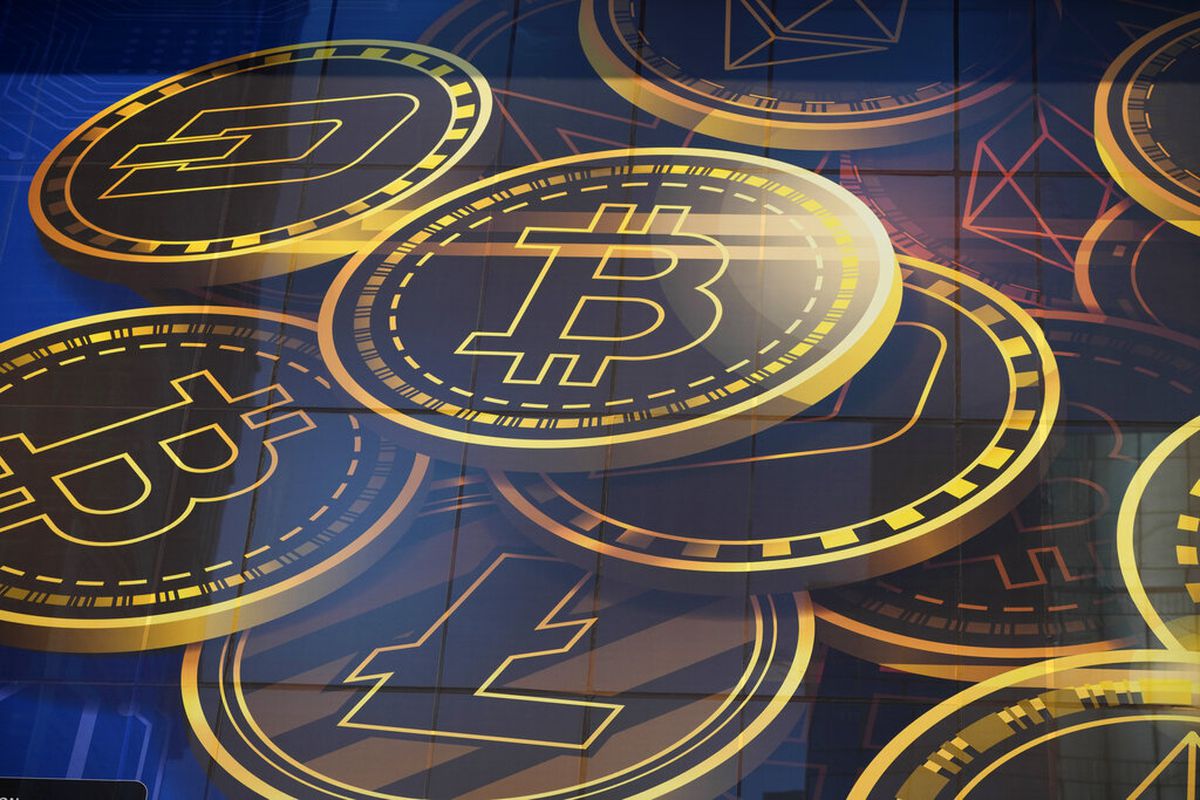
Since its inception in 2009, Bitcoin, a decentralized cryptocurrency, has garnered widespread attention globally, including in Tunisia. This article delves into the current landscape of Buy Bitcoin fast in Tunisia, examining its adoption, regulatory status, and economic implications.
Adoption of Bitcoin in Tunisia has witnessed significant growth in recent years. More Tunisians are showing interest in this cryptocurrency due to its perceived advantages, such as seamless money transfer, enhanced transaction security, and the elimination of intermediaries. Among African nations, Tunisia ranks 14th in terms of cryptocurrency ownership per capita.
Additionally, several Tunisian startups have ventured into the cryptocurrency space, offering services related to Bitcoin exchange and storage. These startups aim to streamline access to cryptocurrencies for Tunisians and bolster their adoption across the country.
Legal Status of Bitcoin in Tunisia
Regarding the regulatory landscape, Tunisia has not yet established a specific legal framework for cryptocurrencies. Consequently, Bitcoin’s use as a medium of exchange is not officially recognized by Tunisian authorities. Unlike neighboring countries Morocco and Algeria, Tunisia has not imposed a ban on Bitcoin. Instead, the Tunisian government views purchasing cryptocurrencies as akin to acquiring foreign currency.
Notably, the Tunisian government has displayed interest in blockchain technology, the underlying technology of Bitcoin. In 2018, the Central Bank of Tunisia announced its exploration of launching a state-backed cryptocurrency based on blockchain Bitpapa technology. This initiative could potentially facilitate broader adoption of Bitcoin and other cryptocurrencies within the country.
Economic Impact of Bitcoin in Tunisia
The economic impact of Bitcoin in Tunisia remains relatively modest. Due to regulatory uncertainties, Tunisian businesses often hesitate to accept Bitcoin as a form of payment. Moreover, Bitcoin’s price volatility poses a significant challenge to its utility as a stable currency.
Nevertheless, some Tunisians view Bitcoin as an investment opportunity. The surge in Bitcoin prices in recent years has attracted Tunisian investors seeking lucrative returns. Despite the potential for significant profits, investing in Bitcoin also entails substantial risks.
Looking Ahead
In conclusion, Bitcoin’s status in Tunisia, like in many other nations, continues to evolve. While adoption is increasing and the government shows interest in blockchain technology, regulatory clarity remains elusive. Presently, Bitcoin’s economic impact in Tunisia is limited, but its potential as both a payment method and investment avenue cannot be overlooked. The trajectory of Bitcoin in Tunisia in the coming years will be intriguing, particularly if the country opts to establish clear regulations for cryptocurrencies.
Crypto Companies Based in Tunisia
Several companies operate in the cryptocurrency sector in Tunisia. Somenotableexamplesinclude:
- E-Baathli: A blockchain-based service offering a payment system for freelancers.
- Pepolls: A personalized opinion and polling system leveraging blockchain technology.
- Sqoin: An initiative promoting the development of blockchain and artificial intelligence-based services.
It’s important to note that the list above is not exhaustive, and Tunisia continues to witness the emergence of new companies in the cryptocurrency space regularly.









